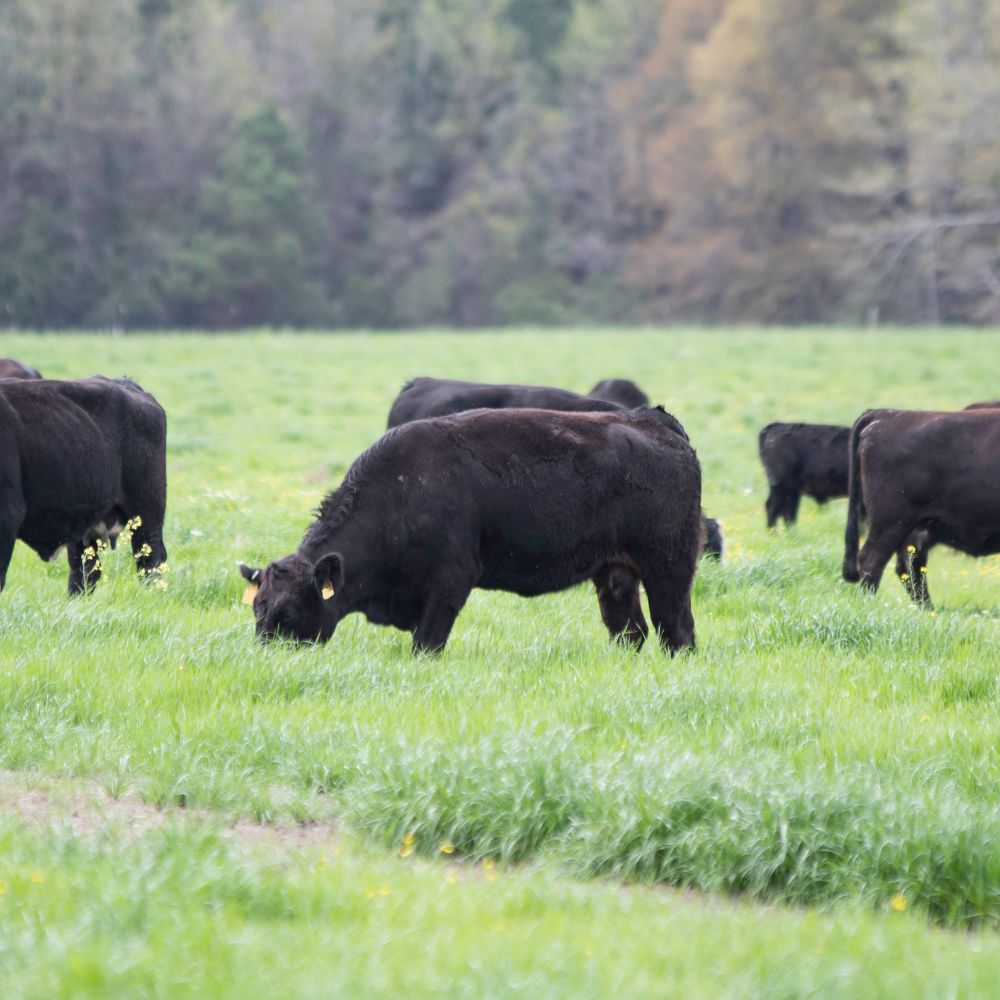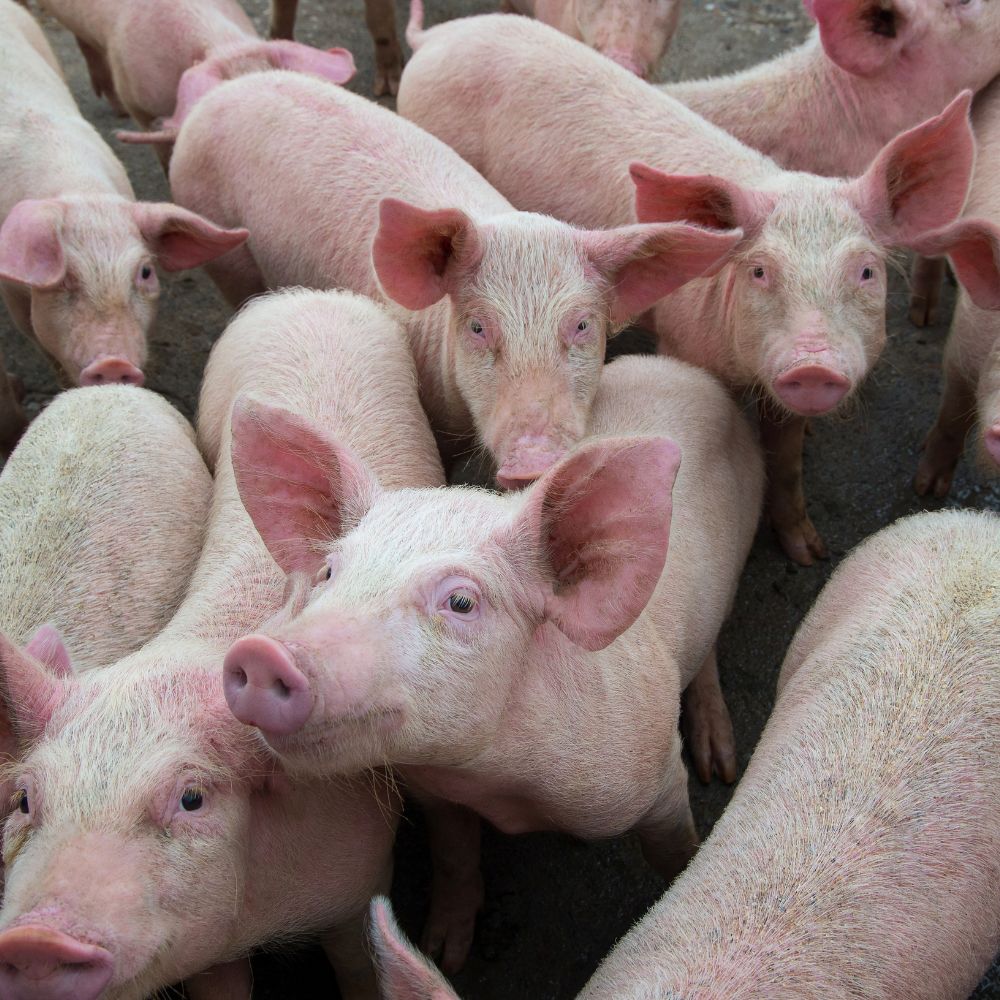Unknown Facts About Bagley Risk Management
Wiki Article
The Basic Principles Of Bagley Risk Management
Table of ContentsGetting The Bagley Risk Management To WorkFacts About Bagley Risk Management UncoveredTop Guidelines Of Bagley Risk ManagementLittle Known Questions About Bagley Risk Management.Everything about Bagley Risk Management
By doing this, if prices do drop below that break-even factor by the end date, insurance holders are protected versus a loss. This is very similar to the method feedlots operate, though they utilize a conventional bush. When a herdsman contracts their cattle with a barnyard, they hedge those livestock to secure the earnings factor.This will be countered by the increased value of the livestock., ranchers secure against a decline in the futures board, yet don't lose out on the greater return when costs go up.
They do this by choosing a reduced percent of the projected ending worth - LRP Insurance. This is a wonderful strategy for those seeking lower premium prices or that have a greater threat tolerance as a result of strong fiscal health. This strategy might not safeguard success, however it can secure versus severe market declines
There is not a whole lot of protection or insurance coverage on a month-to-month basis, but if there is a significant accident, manufacturers have the assurance that comes from understanding they will only be accountable for a particular amount out of pocket. Simply remember, expect the very best yet get ready for the worst.
Facts About Bagley Risk Management Revealed

Feeder cattle can be covered up to a 900-pound predicted end weight and fed livestock can be covered up to a 1,400-pound end weight. With numerous weight courses to select from, it is possible to cover animals through the barnyard to the packer rail.
Applications can take a number of days to procedure and merely loading one out does not lock the candidate right into a policy. When the application is approved and ready, the LRP endorsement, with its end date and predicted ending worth, can be secured in promptly. This enables breeders to cover calf bones when the price is appropriate for their market threat monitoring goals.
Photo Courtesy USDA-NRCS Rates for calf bones, feeder livestock and ended up livestock have set some new documents this loss and early wintertime. A mix of scenarios has precipitated these historic rates. There is presently a great deal of cautious positive outlook on the part of cow-calf producers as they take a look at the future.
Bagley Risk Management Can Be Fun For Everyone
pop over to this web-site
There are some benefits to producers in making use of LRP insurance as compared to a traditional feeder livestock contract or purchase of an option - Livestock risk protection. One is the adaptability in the variety of livestock that can be insured. There is no reduced limit to the variety of livestock that can be guaranteed
There is no obligation to sell cattle on which you have actually bought LRP Feeder Livestock protection. You may select to preserve ownership and still be eligible for the indemnity must the Actual End Worth drop below your Coverage Price. You might market livestock covered by LRP at any time, provided the transfer of possession does not happen greater than 60 days prior to the LRP Contract End Date.
If cattle perish and your Ag, Threat Consultant is notified within 72 hours of you learning of the death, the coverage continues to be in result, and the manufacturer is eligible for indemnities due to rate loss, even on those animals which perished. Yes! Calves can now be covered prior to hooves hit the ground.
The Best Guide To Bagley Risk Management

Applications make certain novice clients can be pre-approved to write an LRP plan It is totally free! Step 2) Lock in an Unique Insurance Coverage Recommendation (SCE) when you discover a quote that satisfies your goals (Livestock risk protection insurance). With each other, we'll safeguard your financial investment.
With the endless change and changability of the marketplace, Livestock Threat Security (LRP) is something all cattle producers need to consider. The main purpose of LRP is to protect versus the unforeseen downward rate movement in the marketplace by establishing a base upon any type of offered day and kind of cattle you desire to insure.
The smart Trick of Bagley Risk Management That Nobody is Discussing
There are a variety of coverage degree options varying from 70 to one hundred percent of the expected ending worth (https://www.huntingnet.com/forum/members/bagleyriskmng.html?simple=1#aboutme). At the end of the selected insurance coverage duration, if the actual finishing value is below the insurance coverage rate, you will certainly be paid an indemnity for the distinction in price. Producer anticipates to market 1,000 head of 11cwt livestock and picks insurance coverage of $66As of 2020, LRP (Livestock) is currently readily available in all states when the market is offered. 1. Feeder Cattle with finishing weights under 600lbs or 600lbs-900lbs, and 2. Fed Livestock with finishing weights in between 1,000lbs-1,400 lbs that will certainly be marketed for slaughter near completion of the insurance coverage duration. whereas livestock insurance coverage does.
Report this wiki page